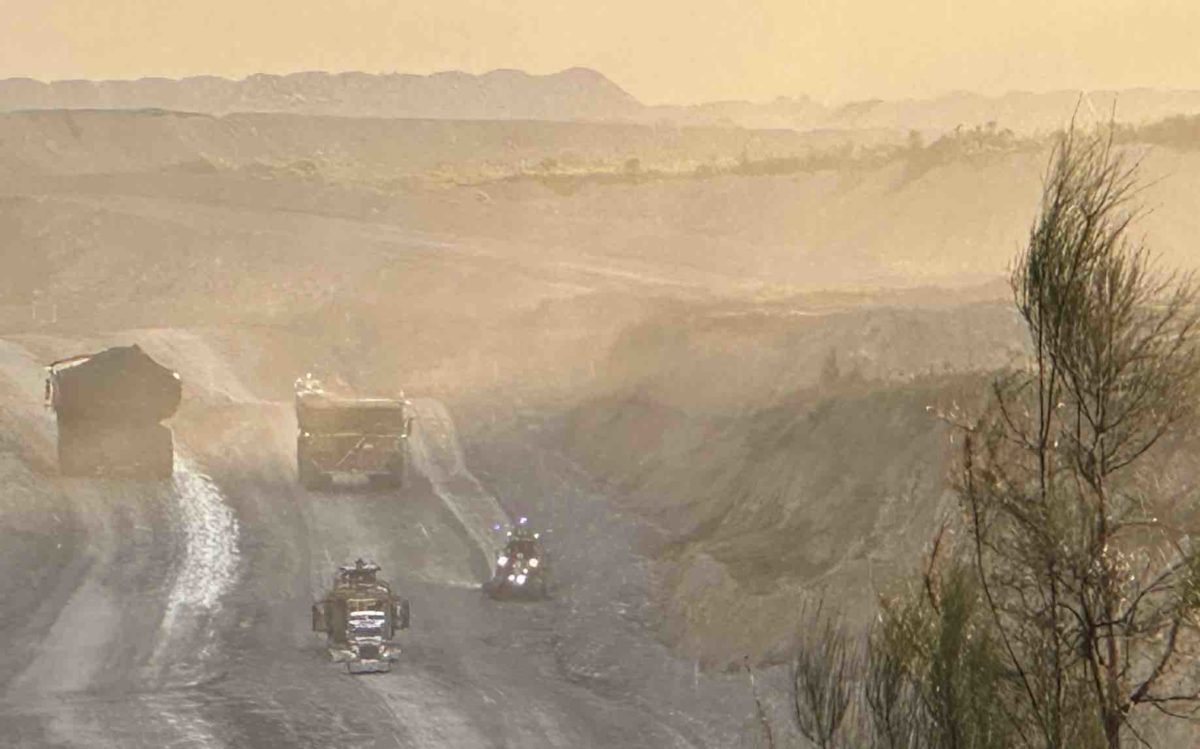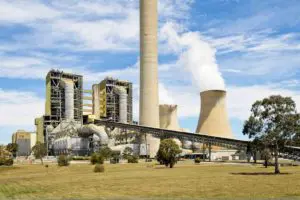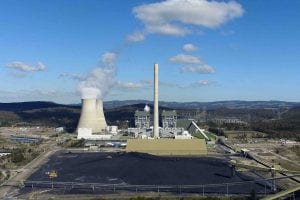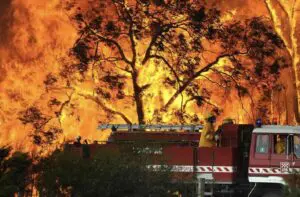Lifting coal royalties to generate billions of dollars in extra revenue won’t do much to ease household power bills, the NSW government has been advised.
NSW still relies on coal for 60 per cent of its power generation and Treasurer Daniel Mookhey says he will consult with industry about the future of coal royalties beyond the expiry of a temporary coal price cap in July 2024.
An Australia Institute report shows NSW could have raised an extra $7 billion to $9 billion in the past two years by adopting Queensland’s progressive coal royalty system.
Mookhey said the nation’s largest coal exporter had to consider whether its flat-rate royalty system was fit-for-purpose.
“My view is that the people in NSW are entitled to a fair return for their resources,” he told reporters on Thursday.
NSW charges 8.2 per cent on the value of open-cut coal, with slightly lower rates for underground mining and deductions allowed.
Queensland’s price-based system levies seven per cent when prices are up to $100 per tonne, rising to 40 per cent when prices exceed $300 per tonne.
The NSW mining industry, power stations and unions will be asked in coming months about whether Queensland’s new tiered system was working as intended.
The review will also test preliminary advice that suggested coal royalty rate changes would have a “negligible to nil” impact on power prices, the treasurer said.
But Mookhey drew a distinction with the Sunshine State, saying consultation with industry and other parties in NSW was essential because its four coal-fired power stations were in private hands.
“We are having to undertake this comprehensive consultation process because the previous government privatised our power assets and told people that wouldn’t have any implications for power prices,” he said
“Because we have privatised power, we have higher prices.”
The NSW mining lobby quickly warned against changing a system that delivered record royalties to the state coffers last financial year.
“Going down the Queensland path … would be a massive economic mistake from NSW,” NSW Minerals Council chief executive Stephen Galilee told reporters on Thursday.
“They have introduced rates that are the highest in the world.
“It has resulted in a capital strike by the coal industry … and it potentially has resulted in thousands of job losses as well.”
Both NSW and Queensland capped coal at $125 a tonne for domestic use in December 2022.
It came after the Russian invasion of Ukraine caused the price to surge beyond $500 a tonne.







